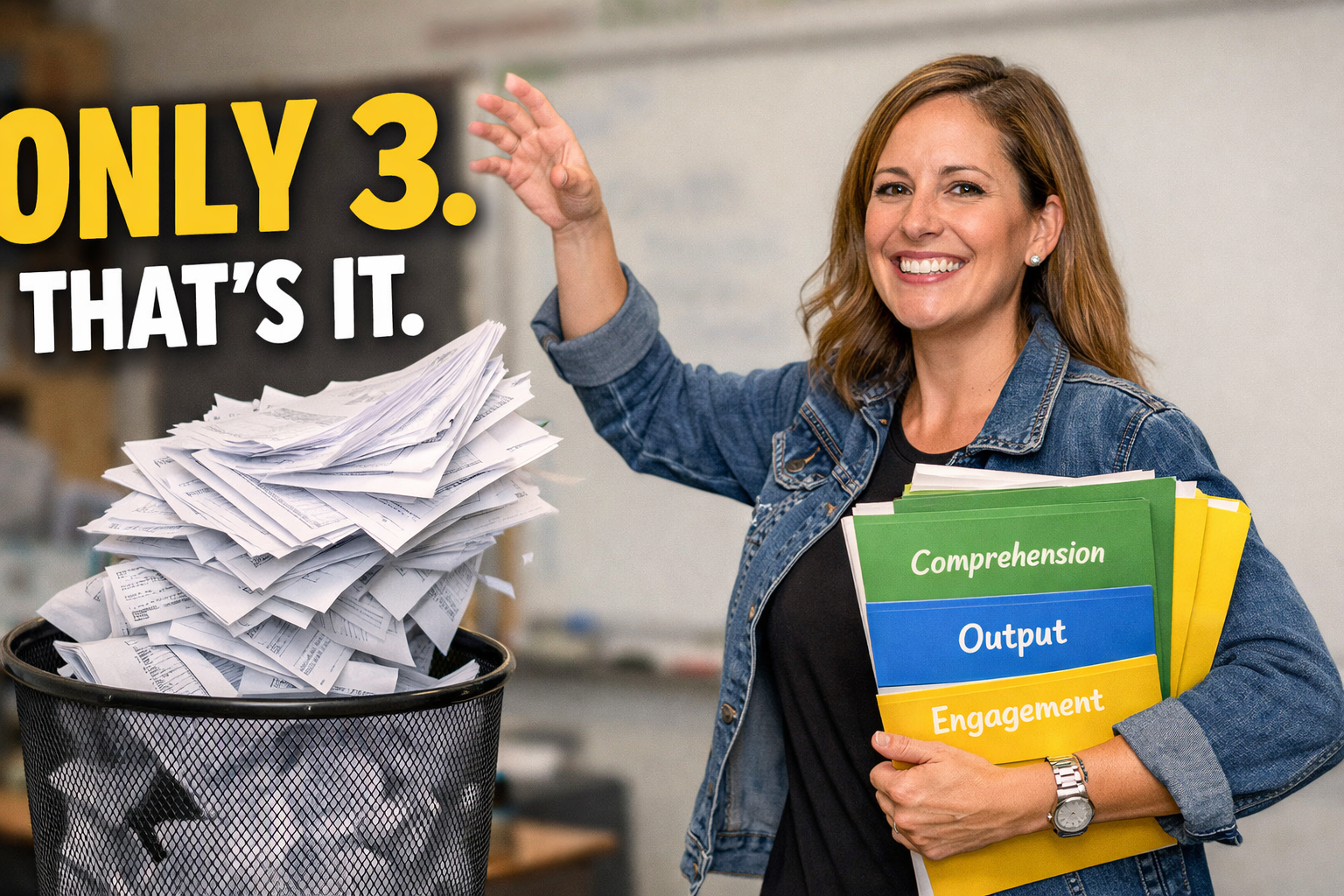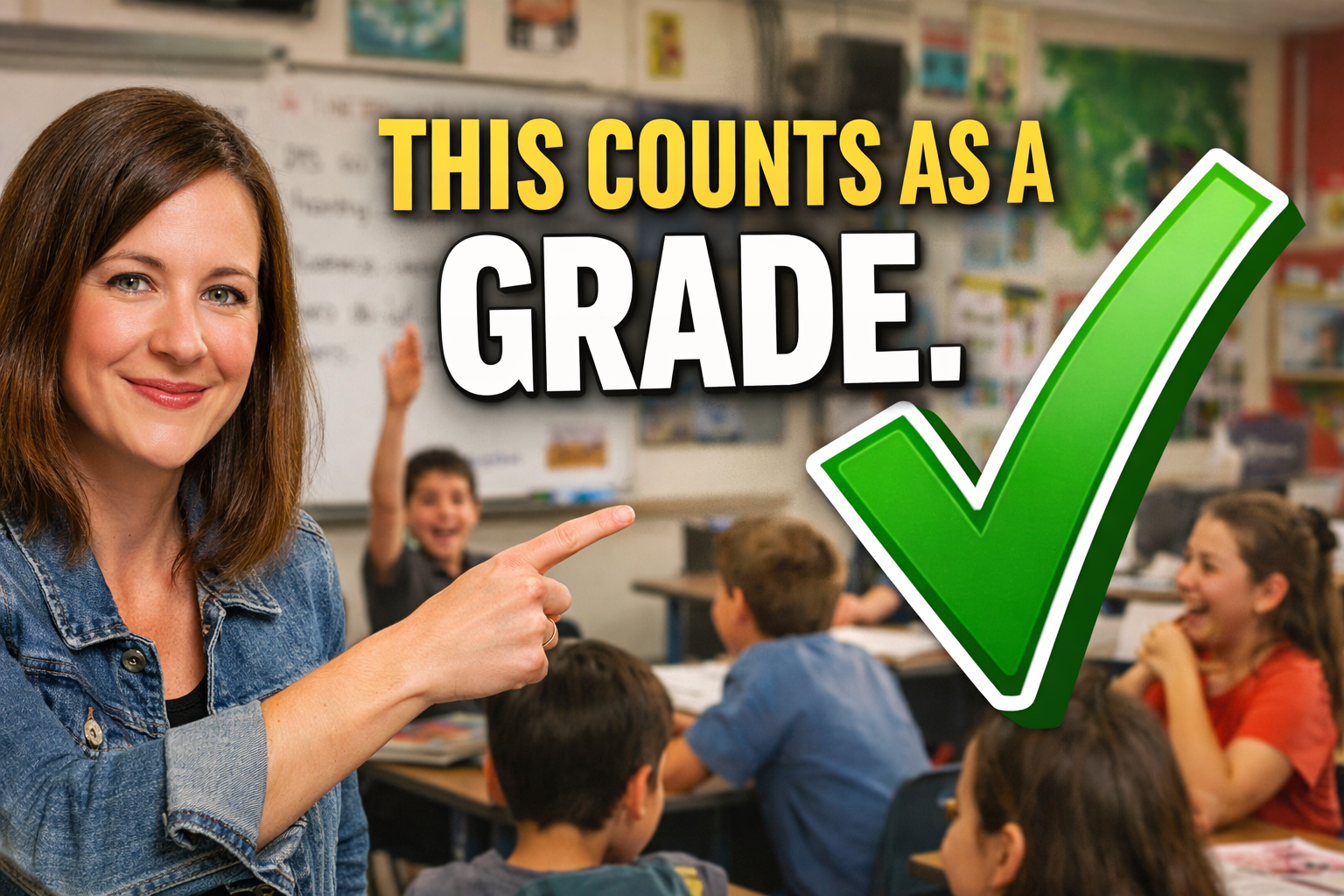
After having read the posts on the list about the Pimsleur Method, I decided to retry this methodology for learning a language. I had tried the Pimsleur tapes for Spanish and German when I was young, but never really followed through.
As Maltese is my family's native language, I wanted to learn something as close as I could to that. I have no real experience with Maltese. My grandparents spoke it, but only my grandmother is currently alive. My mother never learned it and there's not much available in the US to learn it, but I know it's a semitic language like Arabic and that its base vocabulary is Arabic in origin along with its grammar with a lot of Italian and English thrown in for good measure.
So I ordered the basic beginner into collection and have been listening in my car on my way to work (about a 30 minute drive each way). I've been listening to each lesson twice and I have been repeating despite what we know in the TPRS community. Mostly because I think I need to "feel" the sounds in my mouth.
Anyway, here are my first observations. First of all, it's very TPRS-like because it is very much linked to comprehensible input. There is tons of input and it's explained every step of the way, so there is no ambiguity as to what you're hearing and/or saying, unlike my experience with Rosetta Stone. The methodology does require you to repeat and answer questions. Obviously the repetition of the phrases is not something we do in TPRS, but I do find it helpful in the absence of the written form and I don't think that it's mindless repetition which would have no benefit. It does require you to answer questions like TPRS and it offers tons of repetitions a la TPRS, but in a precise timed interval that is supposed to maximize retention. I found that I am asked to remember and/or repeat words and phrases at various, staggered intervals and it has helped me to keep those words and phrases fresh in my mind. Also, like TPRS, it doesn't go heavy on the grammar explanations, but gives a pop-up here and there to make things more clear or to explain something we just heard. Not enough to scare you away, but just enough to make everything comprehensible.
So far my biggest frustration with the methodology is the lack of a visual component. Me being a visual learner, I need to see the word written down. In the case of Arabic or any other language with a differing alphabet than the Latin-based one, I need to see it both in pinyin (transliterated) and in its true modern form. As I'm listening on the way to or from work, I get frustrated because I can't "see" the word and what it looks like. I can't always tell if they're using an "m" or an "n" sound, a "b" or a "v" sound, etc. So I'm not always sure if I'm saying it right. Not unlike a quick translation that is so helpful in TPRS, a quick view of the word would alleviate that issue for me and allow me to progress faster. I know that even with German and Spanish, I need to be able to "see" the word before it becomes a part of my own lexicon. I can hear it over and over again, but will refrain from using it until I have seen it spelled out, and preferably in a sentence. Only then will the word truly be mine and a part of my written and spoken vocabulary.
Another thing I found frustrating was the amount of information thrown in a 30 minute lesson. It's not like there are a lot of vocabulary words, because there are not, But in lesson one, they have forms for you feminine, you masculine, and I. In Arabic, at least, these are not simple verb endings. The entire word changes. For example and please forgive my transliteration (remember I've never seen these words spelled out): entebtareef (you understand male), entibedarfi (you understand female), and annabarif (I understand). That's a lot to absorb in 30 minutes and sometimes the pauses given to you to answer don't allow for any processing time. In the second lesson they throw at you even more of these types of changes and I feel that they are too much too fast (or at least for me). I would like a lesson or two on just one form at a time before they start moving on to another form. I just feel as if I'm trying to juggle too much in my brain at one time. We'll see if that holds true as I continue to progress.
So those are my first thoughts. As I continue to progress, I'll keep you updated.
Let me know what you think in the comments below!



